The battle against addiction is a complex and multifaceted one, with countless individuals seeking relief from its grip. In recent years, a growing body of research and anecdotal evidence has focused on the potential of Ibogaine as a powerful tool in the fight against addiction. While it’s crucial to approach this topic with a balanced perspective, understanding the latest scientific findings and the role of Ibogaine in a holistic approach to addiction recovery is essential to consider Ibogaine as a Cure for Addiction.
This article will delve into the current state of research on Ibogaine, exploring its potential benefits and limitations. We’ll also examine the ethical considerations surrounding its use, the importance of a comprehensive treatment plan, and the role of naturopathic approaches in supporting individuals on their journey to recovery.
What is an addiction?
Addiction is a pervasive issue affecting millions of people worldwide. It involves compulsive substance use despite harmful consequences and significantly impacts a person’s life, including health, family, work, social, legal, and financial areas.

Effective treatment options are essential for overcoming addiction, and Iboga, a psychoactive substance from the African plant Tabernanthe iboga, offers promising potential.
Addictions encompass various types of substance use and behavioral disorders. The chronic nature of addiction involves complex interactions between genetic factors, environmental influences, and other factors.
Behavioral therapies and addiction medicine are crucial in treating addiction by addressing both physical symptoms and emotional support. This article explores different types of addiction and how Iboga can be integrated into comprehensive treatment programs.
Understanding Addictions
Addiction is characterized by compulsive behaviors that lead to harmful consequences. Substance use, whether involving drugs or alcohol, can disrupt a person’s life, causing financial issues and legal problems. Effective treatment programs must address both the physical symptoms of addiction and the underlying psychological factors. Increased tolerance often necessitates higher doses of a substance to achieve the same effect, complicating the treatment process. Additionally, mental health issues can exacerbate the risk for both substance use disorder and behavioral addiction, making comprehensive treatment essential.
Types of Addiction
Addiction manifests in various forms, including behavioral addictions, which involve compulsive engagement in activities that stimulate the brain’s reward system:
Alcohol Addiction: Characterized by increased tolerance and a need for larger quantities to achieve the same effect.
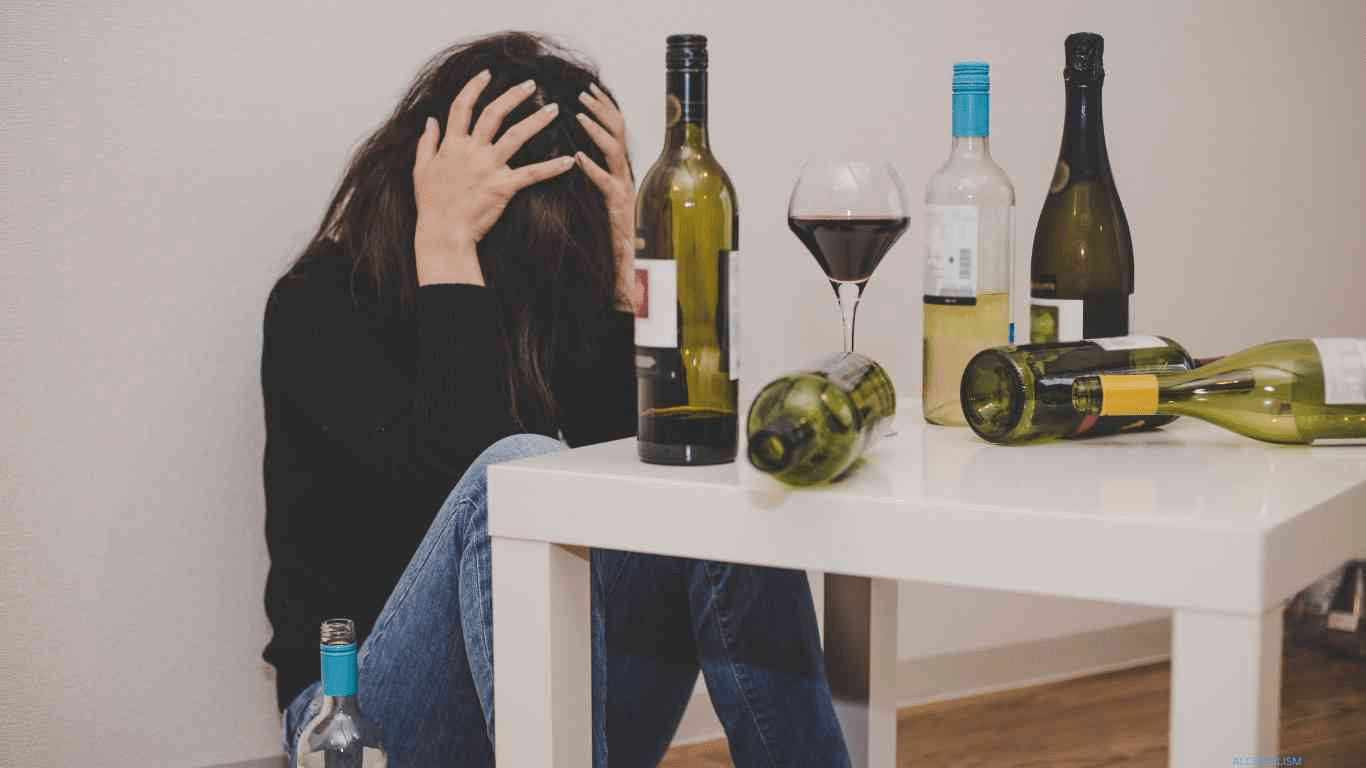
Alcohol addiction can lead to severe physical symptoms, legal problems, and disruptions in a person’s life.
Opioid Addiction: Marked by severe withdrawal symptoms and a high risk of overdose.
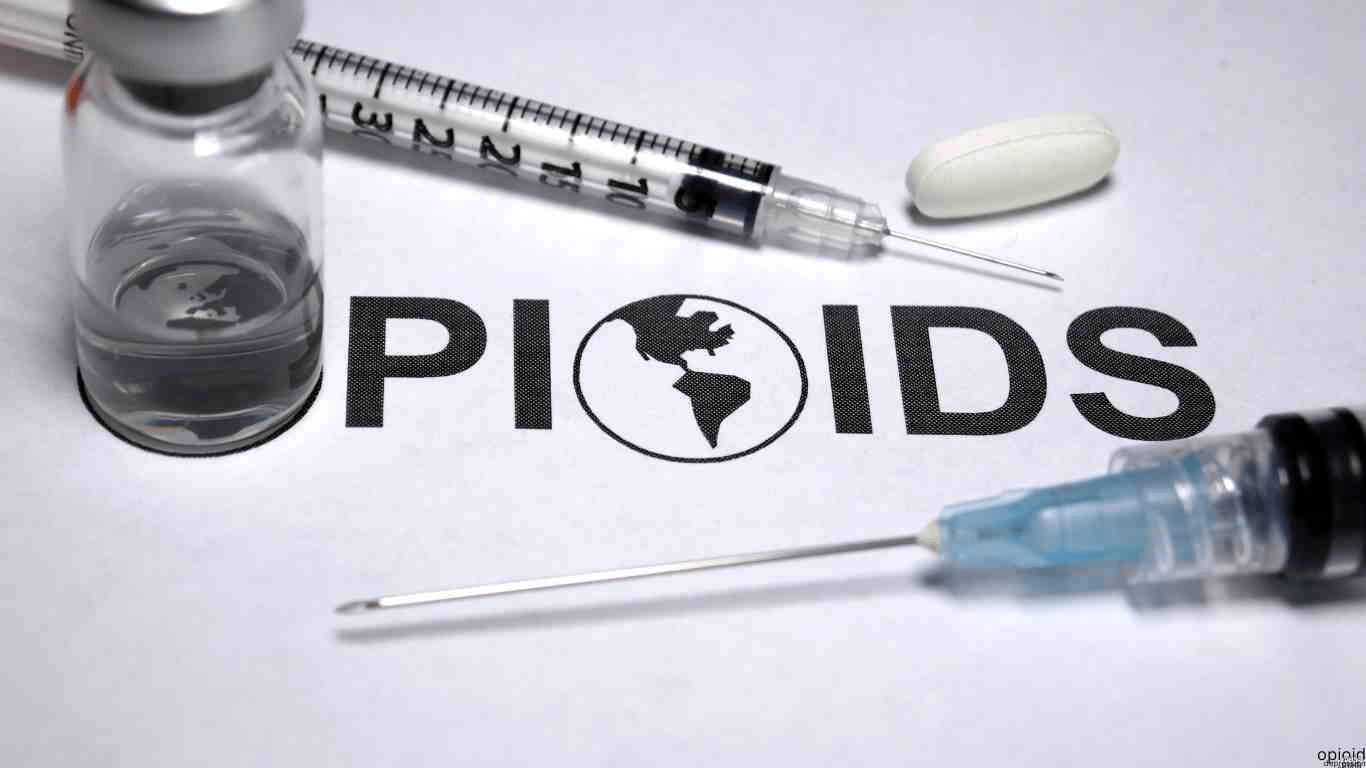
Opioid addiction often requires comprehensive treatment programs that include both medical care and behavioral therapies.
Stimulant Addiction: Involves intense cravings and significant behavioral changes. Stimulant addiction can have profound impacts on a person’s life, necessitating effective treatment options.
Behavioral Addiction: Involves compulsive engagement in activities such as gambling, internet use, or shopping. Behavioral addiction shares similarities with substance use disorders, including increased tolerance and withdrawal symptoms.
Substance Use Disorders
Substance addiction, also known as substance use disorders (SUDs), involves the recurrent use of drugs or alcohol despite adverse consequences. These disorders significantly impact a person’s life, leading to physical symptoms, financial issues, and legal problems.
Healthcare providers emphasize the importance of comprehensive treatment programs that include both medical care and emotional support.
Addressing Substance Use Disorders
Effective treatment options for SUDs must address the root causes of addiction. Genetic factors, mental disorders, and other influences contribute to the development of substance use disorders.
Behavioral therapies and addiction medicine are vital in treating addiction. Prescription medication can help manage withdrawal symptoms and reduce cravings, while support groups provide ongoing emotional support.
The Role of Iboga in Treating SUDs
Iboga’s psychoactive properties make it a powerful tool in treating SUDs. It can help individuals gain insight into their addictive behaviors and address the underlying psychological factors. By reducing cravings and withdrawal symptoms, Iboga facilitates the recovery process.
Integrating Iboga into treatment programs alongside medical care and support groups offers a comprehensive approach to overcoming substance use disorders.
Medical Care and Prescription Medication
Medical care is essential in managing the physical symptoms of substance use disorders. Healthcare providers can prescribe medications that help reduce cravings and withdrawal symptoms. Iboga can complement these treatments by addressing the underlying psychological aspects of addiction.
Support Groups and Emotional Support
Family members and support groups, such as Alcoholics Anonymous, play a vital role in the recovery process. They provide a platform for individuals to share their experiences and receive emotional support from others who understand their struggles. Integrating Iboga treatment with participation in support groups can enhance the overall effectiveness of the recovery process.
Addressing Financial and Legal Problems
Addiction often leads to financial issues and legal problems in the community, further complicating a person’s life. Comprehensive treatment programs should include support for these challenges. Healthcare providers and addiction specialists can offer resources and guidance to help individuals navigate these issues as they work toward recovery.
Healthcare professionals can refer persons suffering from drug addiction due to drug abuse, depression, heroin, and mental health conditions, especially young people to reputable addiction treatment centers.
Substance Abuse Disorder
Substance abuse disorder involves the excessive and harmful use of drugs or alcohol, often exacerbated by underlying mental health issues.
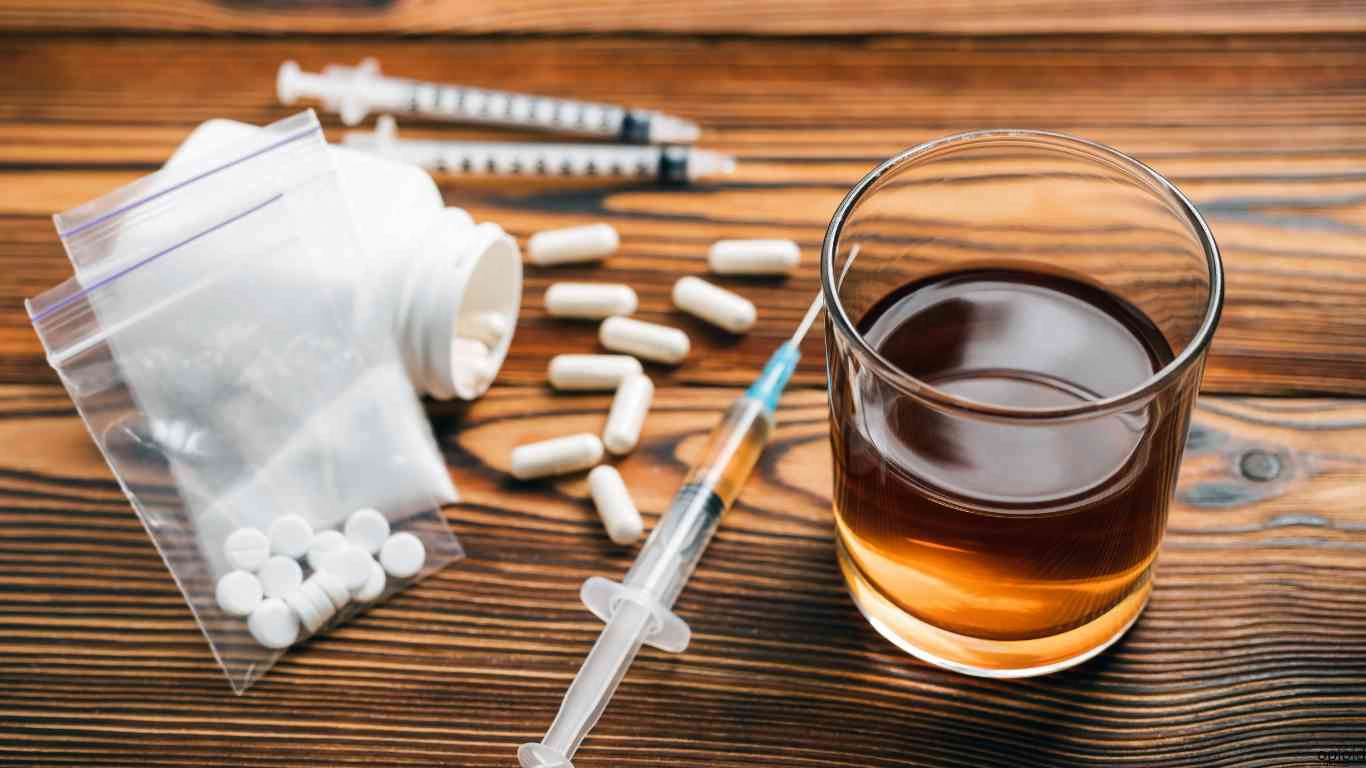
It leads to significant physical symptoms, legal problems, and disruptions in a person’s life. Effective treatment programs must address both the immediate and long-term effects of substance abuse.
Effective Treatment for Substance Abuse Disorder
Healthcare providers focus on creating comprehensive treatment programs that address both physical and psychological aspects. Behavioral therapies play a crucial role in changing the patterns of thinking and behavior associated with substance abuse.
Prescription medication can help manage withdrawal symptoms, while support groups offer ongoing emotional support. Addressing financial issues and legal problems is also essential for a successful recovery.
Integrating Iboga in Treatment Programs
Iboga offers a unique approach to treating substance abuse disorder by addressing the root causes of addiction. Its psychoactive properties can induce profound introspection, helping individuals understand their addictive behaviors. By reducing cravings and withdrawal symptoms, Iboga supports the overall recovery process.
Combining Iboga with behavioral therapies, medical care, and support groups enhances the effectiveness of treatment programs.
The Impact of Iboga on Different Substances
Iboga’s potential as a treatment for addiction extends to various substances, including:
Alcohol: Iboga can help reduce cravings and withdrawal symptoms associated with alcohol addiction, making it easier for individuals to abstain from drinking.
Opioids: Iboga’s ability to alleviate severe withdrawal symptoms and reduce cravings can be a significant asset in treating opioid addiction.
Stimulants: Iboga’s psychoactive properties can help individuals gain insight into their addictive behaviors and develop healthier coping strategies.
Behavioral Addiction
Behavioral addiction involves compulsive engagement in non-substance-related activities, such as gambling or internet use. Like substance use disorders, behavioral addiction can significantly impact a person’s life, leading to financial issues and emotional distress.
Effective treatment options must address both the behaviors and underlying psychological factors, often incorporating family therapy to provide comprehensive support.
Understanding Behavioral Addiction
Behavioral addiction shares similarities with substance use disorders, including increased tolerance and withdrawal symptoms. Genetic factors and other influences contribute to the development of addictive behaviors. Healthcare providers focus on behavioral therapies and emotional support to treat addiction effectively.
Types of Behavioral Addiction
Behavioral addiction can manifest in various forms, including:
Gambling Addiction: Characterized by compulsive gambling despite significant financial losses and personal consequences.
Internet Addiction: Involves excessive use of the internet, leading to disruptions in daily life and social relationships.
Shopping Addiction: Compulsive shopping behavior that results in financial problems and emotional distress.
Treating Behavioral Addiction with Iboga
Iboga’s psychoactive properties make it a potential treatment for behavioral addiction. It can help individuals gain insight into their compulsive behaviors and address the underlying psychological factors. By reducing cravings and withdrawal symptoms, Iboga supports the overall recovery process. Integrating Iboga into treatment programs, alongside behavioral therapies and support groups, offers a comprehensive approach to overcoming behavioral addiction.
Behavioral Therapies and Emotional Support
Behavioral therapies, such as cognitive-behavioral therapy (CBT), are crucial in treating behavioral addiction. These therapies focus on changing the thought patterns and behaviors associated with addiction. Emotional support from support groups and healthcare providers is also essential for a successful recovery.
Iboga can enhance the effectiveness of these therapies by providing individuals with a deeper understanding of their addictive behaviors.
Challenges and Considerations
While Iboga shows promise as a treatment for addiction, it is essential to approach it with caution. The substance can have powerful effects, and its use should be supervised by experienced health care providers. Additionally, individuals should be aware of potential legal issues, as the legality of Iboga varies by country.
Ensuring Safe and Effective Treatment
To ensure the safe and effective use of Iboga, it is crucial to integrate it into a structured treatment program. This includes medical supervision, support groups, and ongoing behavioral therapies. By addressing both the physical and psychological aspects of addiction, individuals can achieve lasting recovery.
The Role of Research and Search Results
Continued research into Iboga’s efficacy and safety is essential. Search results from clinical studies and anecdotal reports can provide valuable insights into its potential benefits and risks. Healthcare providers and addiction specialists should stay informed about the latest developments to offer the best possible care to their patients.
Ibogaine as a cure for addiction
Ibogaine is effective for alleviating withdrawal symptoms associated with prescription opioids, stimulants, and other dangerous narcotics. Addictive painkillers like Vicodin, OxyContin, hydrocodone, and other similar opiates bind to opioid receptors in the brain and block pain while producing a calming and pleasant result.
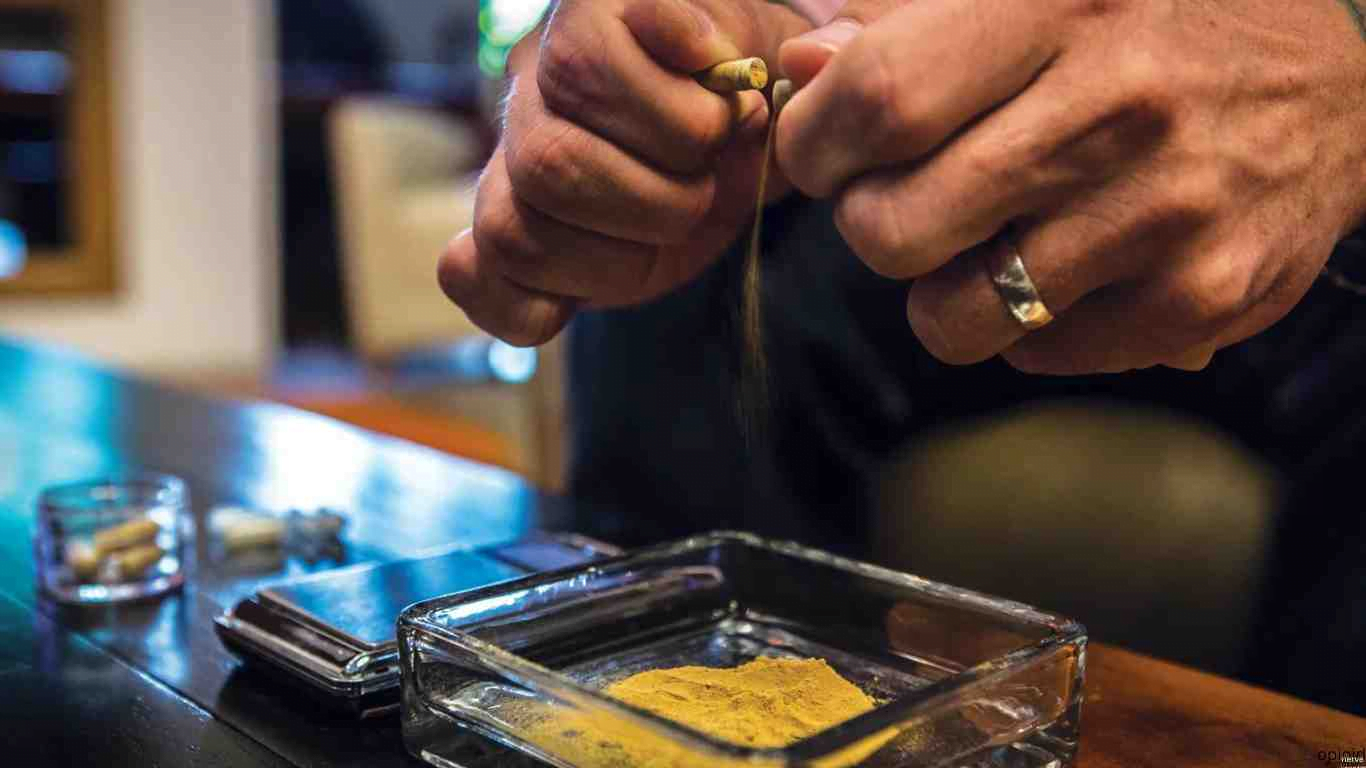
Over time, however, users begin to seek the euphoria caused by these drugs rather than their medicinal pain-killing effects and become addicted. Ibogaine when administered addresses such addictions by identifying the underlying root causes of your addiction. When taken, the drug induces states of mental introspection as it occupies the areas of the brain responsible for thought and fantasy production.
Iboga offers a unique approach to treating addiction. It interacts with the brain’s neurotransmitter systems, reducing cravings and withdrawal symptoms. By addressing both the physical and psychological aspects of addiction, Iboga provides a holistic approach. Behavioral therapies combined with Iboga can enhance the effectiveness of treatment, helping individuals develop healthier coping mechanisms.
After using ibogaine for addiction treatment
The results of this process serve to eliminate cravings and withdrawal symptoms by rewiring the neural composition of an individual under ibogaine treatment.
The ultimate goal of the ibogaine treatment is to get you completely off any addictive substances.
Ibogaine acts as a mild stimulant in small doses and in large doses, it can put a person into a severe psychedelic state.
Some people have found that large doses reduce opiate withdrawal symptoms and help with substance-related cravings.
Ibogaine is extremely beneficial to sufferers of these illnesses because it resets the dopamine uptake pathways in the pleasure centers of the mind that are out of balance.
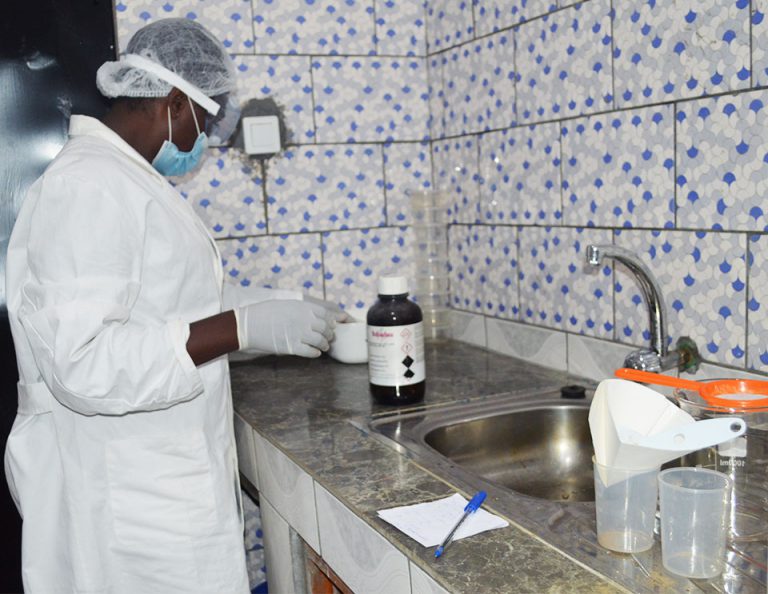
Lab testing of the iboga extract
Ibogaine treatment benefits
The Ibogaine treatment is administered to help you circumvent your compulsive drug use behaviors
by resetting your brain’s substance abuse desires and helping you attain the peace of mind you deserve and a better life too after the ibogaine treatment.
However, Ibogaine therapy is neither a magic bullet nor a cure-all. It is part of a process, the beginning of a journey to reaching a healthy and comprehensive whole for your body and mind.
The fresh start Ibogaine grants you allows for a long-lasting recovery coupled with a brand-new sense of independence and potential.
Our last perspective on addiction
It no longer matters how a substance might make a user feel because now it is a growing biological addiction, as well as a psychological want.
What most people may not realize is that addiction is a disease not only because it harms the body, but because it also affects neurological receptors in the brain.
These receptors inside the mind drive addiction and tell the body that it needs opiates, alcohol, nicotine, or psych stimulants to feel back to normal.
Conclusion
Addiction is a complex condition requiring a multifaceted approach to treatment. Iboga offers a promising option for those seeking to overcome substance use and behavioral disorders. By addressing both physical symptoms and psychological factors, Iboga can be integrated into comprehensive treatment programs. Combining Iboga with behavioral therapies, medical care, and support groups provides a holistic approach to treating addiction.
Noribogaine turns off the neurological receptors that crave more drugs or alcohol for months.
This is where the power of iboga hides, people with substance abuse disorder have a better chance of becoming clean and staying sober
Thanks for your time, hope we were able to be of help. Leave us a comment below by letting us know your thoughts on this subject
Until the next one, take care.


